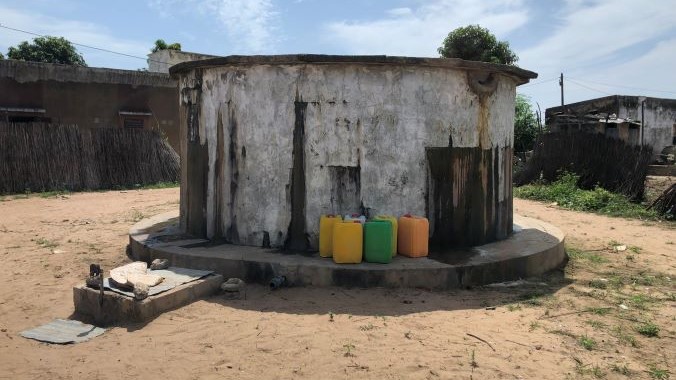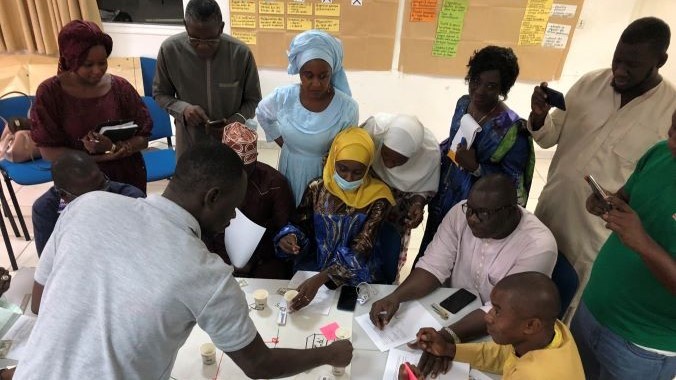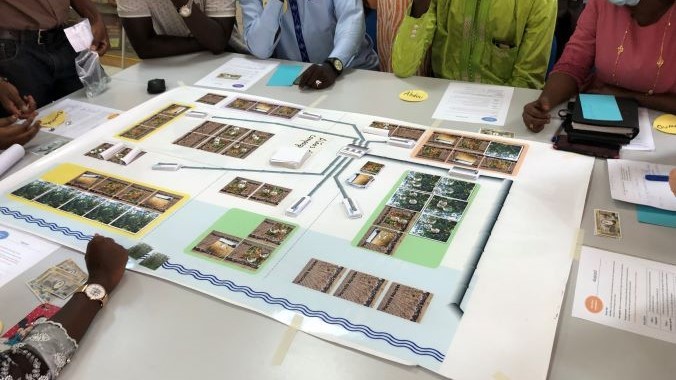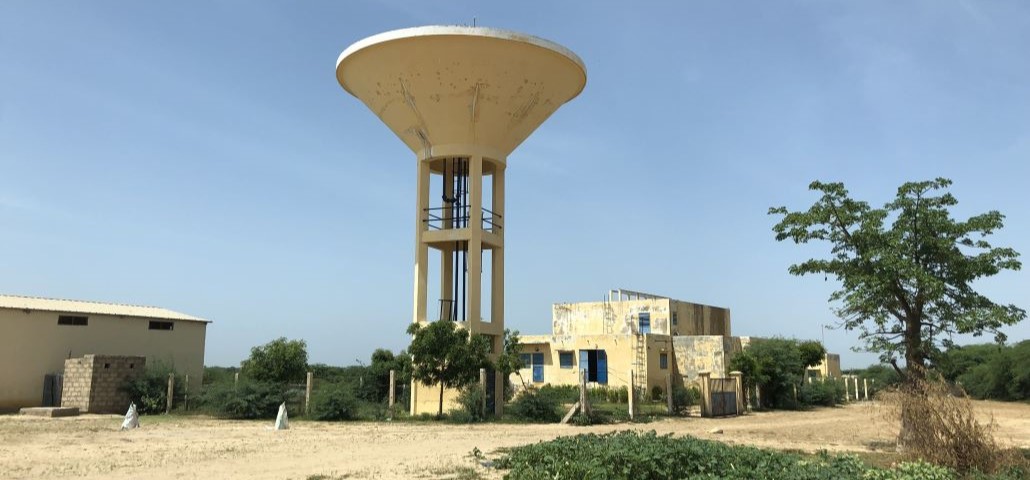Context
In Senegal, water infrastructure in rural areas has long been managed by user associations, with varying results. Over the past few decades, the water and sanitation sector has undergone significant reforms, with management now returning to private operators. The transition from user associations to these operators has been challenging: civil society feels it has lost its place in service management, service quality is not always satisfactory, maintenance of costly infrastructures is difficult, and the collection of fees is challenging.
As part of a call for projects from the AFD aimed at NGOs, GRET-Sénégal (an international development NGO) and POSCEAS (a platform of civil society organizations for water and sanitation in Senegal) launched the DISS’EAU project, which aims to strengthen the role of civil society and citizen participation in the management of water and sanitation services in rural Senegal.
d’assainissement en milieu rural au Sénégal.

20 experts, user representatives, and researchers were trained in ComMod and participated in the development of a serious game
3 testing sessions of the serious game with local communities
10 sessions organized at the World Water Forum in Dakar
Our mission
Lisode intervened in two complementary aspects of the project: strategic reflection on the project’s implementation and the creation of a role-playing game to facilitate dialogue about the role of civil society in the management of water and sanitation services. Lisode organized a training-action session on accompanying modeling to engage partners in the project and its implementation, as well as to develop the role-playing game. Following this training, Lisode assisted GRET in finalizing the role-playing game, deploying it in the field, and observing the game sessions to contribute to the dialogue.

Impacts and results
The role-playing game, called “F’Eau ba deg’eau” or “game of agreement” in Wolof, was presented at the World Water Forum in Dakar in March 2022, where numerous sessions were conducted. The recommendations formulated at the end of these sessions will enrich the ongoing work on sector reform.


